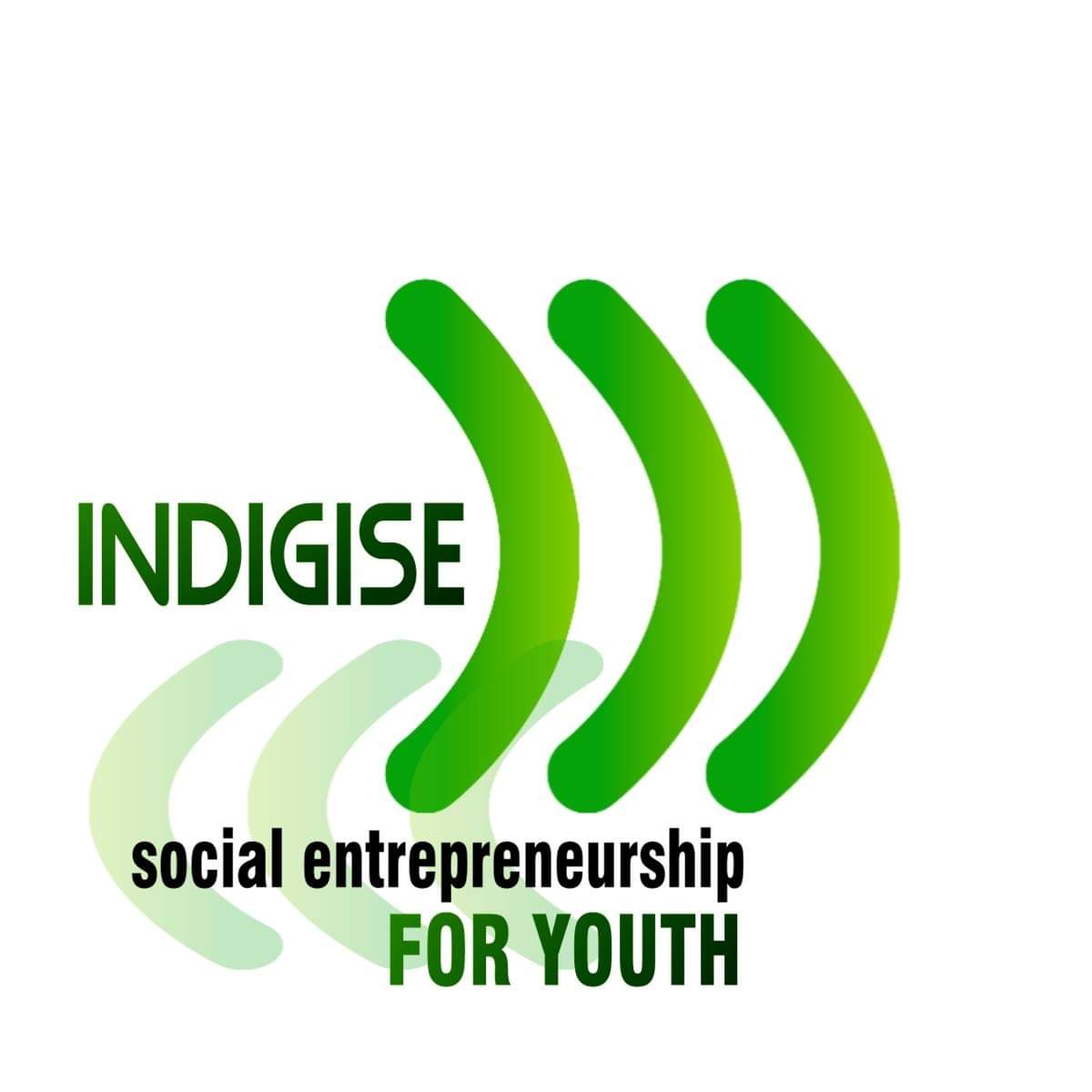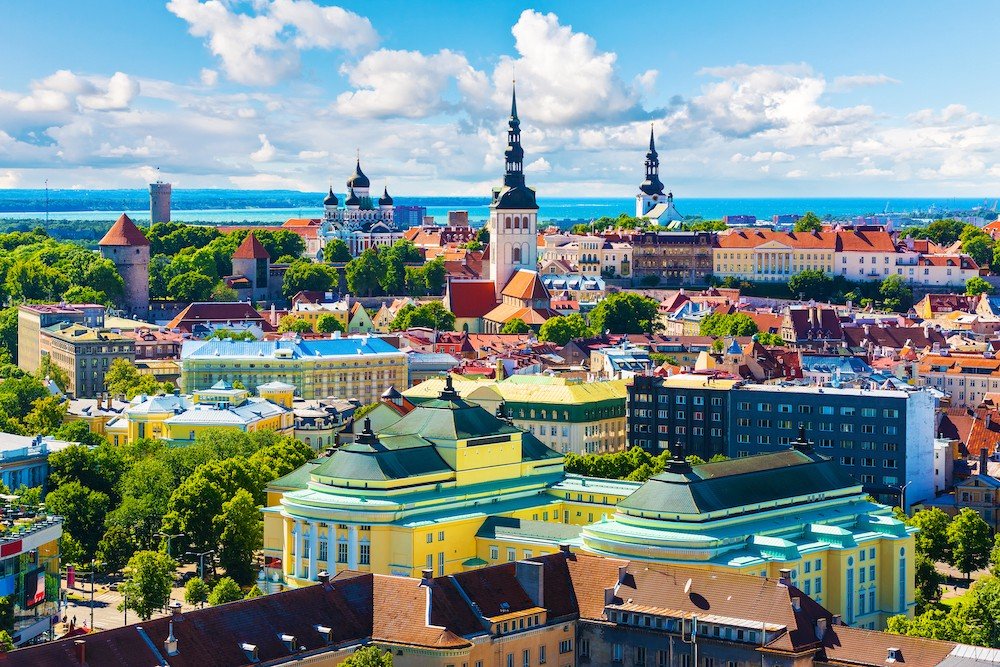The Baltic Sea Region is becoming a global trend-setter for social innovation. The region hosts a young, entrepreneurially driven and socially aware demographic, mature technological infrastructure and R&D investments, and an emphasis on the people-centric side of innovation. As a result of these factors, the Baltic Sea Region has been able to set trends in social innovation that are not only impacting the region itself, but are setting a concrete example for the rest of the world to follow.
Baltic Sea Region Trend in Social Innovation
Trend 1: Prioritizing youth and Gen Z
The Baltic Sea Region has become a beacon for younger demographics. This is due in large part to their friendly investment climate, youth-oriented policies and programs, and digital hyper-connectivity. For example, Sweden and Denmark have some the world’s fasted internet speeds, Estonia’s public-services are 99% digitized, and the Baltics as a whole encourage social entrepreneurship with dedicated investment funds. All of these factors combined make the Baltic Region a magnet for entrepreneurial Gen Z and youth, who ultimately steer the social innovation ecosystem. Therefore, the Baltic’s are setting a new trend in social innovation by prioritizing youth as the core movers, and encouraging entrepreneurialism.
Trend 2: Female focus
Estonia is the only country in the world led by women, “Latvia is the only country in emerging Europe with a perfect score in the World Bank’s latest Women, Business and the Law 2021 report,” and countries like Denmark and Sweden have been historical leaders in gender equality. It is evident that the Region is heavily focused on empowering women to lead industry and entrepreneurship. With this in mind, we can see that the Baltic States will lead the world in female-led social innovation initiatives, both on the public and private level.
Trend 3: Social impact investments
The maturity of R&D in Social impact investing (SII) and benchmarks happens to be a major contributor to the direction of social innovation trends. The Baltic Sea region is a leader in SII. For example, in Germany, the “It Works” stamp is a successful initiative that helps to address SII and tax incentives:
‘It Works’ (‘Wirkt’) stamp (Germany) is issued to effective social initiatives by PHINEO, a public benefit venture established by Deutsche Börse, the Bertelsmann Foundation, KPMG, PwC and the Mercator Foundation. The ‘Wirkt’ label aims to identify public benefit organizations that are especially effective in resolving social problems. Organizations that apply receive useful feedback on their strategy and operations during the PHINEO-analysis and can — if the label is awarded and used in promotional activities — expect higher revenues from donations or investments. Organisations that receive the stamp are donor-funding-dependent initiatives as well as social enterprises with business models based on market revenues. This voluntary private certification scheme involves a multi-stage screening process starting with an online self-assessment questionnaire and includes on-site visits. Around 600 organizations have applied and been screened since 2009 and around 150 have received the ‘Wirkt’ label.
These example presents yet another trend for social innovation that the Baltics are leading in: the maturity of SII will determine the rate at which social innovation is pursued and adopted.
Trend 4: Climate and environment emphasis
Recently, Social innovation has become more and more focused on climate and environmentalism. Central to the policies of Baltic States has been a reduction of per-country carbon footprint and renewable energy solutions. For example, Denmark is one of the leading countries in the world in clean and renewable energy social innovation. According to the Ministry of Foreign Affairs of Denmark, “The wind production per capita exceeds that of any other OECD country. Moreover, bioenergy plays an important role in the Danish energy system. Clean energy is a Danish passion, and in Denmark 30 percent of all energy used already comes from renewable sources.” Moreover, countries like Latvia are leaders in Hydropower innovation. “Latvia one of the leading countries across Europe in terms of specialization in renewable energy sources. Hydropower accounts for the largest source with 97% of total production, with the remaining 3% divided between wind and biomass.” Clearly, the Baltics have established an undeniable trend in social innovation whereby climate and environmentalism are the central focus.
To Conclude…
The Baltic Sea Region is paving a new way as a global trend-setter in social innovation. With an emphasis on youth, friendly investment climate and advanced SII scene, as well as a prioritization of environmental solutions, the Baltic Sea Region has set a new standard for nations that must be considered in order to further social goals.
Original source: https://angelica-sirotin.medium.com/baltic-sea-region-trends-in-social-innovation-c6006272a976


This publication has been prepared within INDIGISE project. The content of this publication is the sole responsibility of the project coordinator and may not always reflect the views of the European Commission or the National Agency.















Leave A Comment